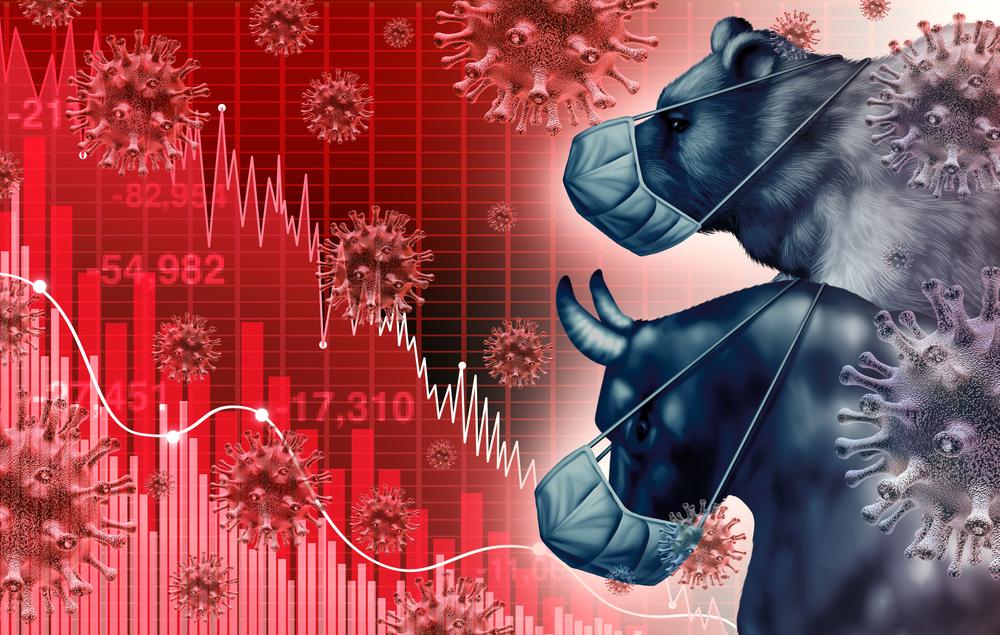Having posted some painful losses on Monday, continued second wave fears saw European equities lead the downward-facing indexes on Tuesday. Speaking on the day’s performance, IG Chief Market Analyst, Chris Beauchamp, commented:
“A small overnight recovery for stock futures has been rapidly given back as the session got underway, and so far there is no sign of any broader reversal developing across equity markets.”
As trading closed on Tuesday, the CAC was down by the biggest margin, falling by 1.77%, to 4,730 points. Having led Monday’s collapse with more than a 3% drop, the DAX followed with a 0.93% fall, to 12,063 points.
In the earlier stages of the day, the FTSE escaped the fates of its Eurozone counterparts, courtesy of impressive gains by HSBC (LON:HSBA) shares, which bounced by more than 7% during the morning.
“Once again London’s losses have been contained, this time helped by a bounce for HSBC shares, although even here the positive impact is limited due to HSBC’s focus on Asia that provides less of a read across for UK banks like Lloyds and NatWest.” added Mr Beauchamp.
Indeed, this early rally was not enough to see avail the FTSE, which eventually finished down by 1.09%, having fallen from 5,803 at lunchtime, to 5,729 points as the final bell rang.
Other than second wave and lockdown concerns, European equities were struck by a deflated, if not dramatic Dow Jones open, with companies such as Caterpillar posting losses of over 3%, the index fell by 0.8%, to 27,463 points – its lowest level for a month.
Speaking on potential second wave scenarios and their impacts on equities, Libra Investment Services Co-Founder, Chris Tinker, stated: “Even though the daily headlines are likely to see an increased level of volatility in the coming days, the market is not expensive: it is entering into this period broadly aligned with what appears to be a modestly rising market valuation. The downside risk to the market on a worst case scenario for events – arguably prolonged uncertainty and dispute over the election outcome, some form of political unrest and/or a surge in Covid related hospitalisations and deaths – is quantified by the Apollo measure of the Margin of Safety – the point at which the market is sufficiently discounted relative to value that you have a “free call” option on the market.”
“That level is 31% below the current price but that level – 2365 – is actually still at a premium to the market index at its March lows and is rising in line with the valuation trend in the market. If even the worst case scenario is unlikely to create new lows for the year, then the fact that the upside “best case” scenario is between 20% and 45% higher than here, will certainly spark interest should a better than expected outcome emerge.”




